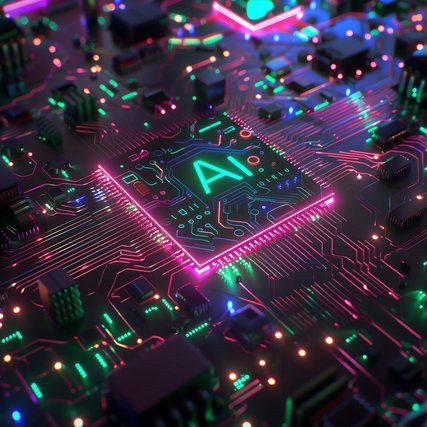Artificial Intelligence – The Future of Technology
Artificial intelligence (AI) has made immense progress in the last few decades and has become a central topic in science, business, and society. AI refers to the ability of machines to perform tasks that normally require human knowledge and skills. This essay highlights the different application areas of AI, its benefits, challenges, and the ethical implications associated with its use.
Areas of application
The possible applications of AI are almost unlimited. In medicine, AI is revolutionizing the diagnosis and treatment of diseases. Imaging procedures, such as the analysis of X-rays or MRI scans, are evaluated more precisely and quickly with the help of AI. In the automotive industry, we find AI in autonomous vehicles that can navigate without human intervention. In the financial world, AI also enables the analysis of large amounts of data in order to optimize investment decisions and detect fraud.
Advantages
The advantages of AI are manifold. One of the biggest advantages is the increase in efficiency in various industries. By automating routine tasks, companies can significantly increase their productivity. In addition, AI has the potential to make everyday life easier. Voice assistants such as Siri or Alexa make it possible to complete tasks using voice commands, be it turning on the lights or checking the weather. Personalized advertising also benefits from AI by tailoring content specifically to the user and thus increasing relevance.
Challenges
Despite all its advantages, AI technology faces numerous challenges. One of them is the need for enormous amounts of data to deliver accurate results. Data protection and data security are therefore of paramount importance. In addition, there are concerns about job losses due to automation. Many people fear that AI could make their jobs redundant.
Ethical implications
The ethical issues surrounding AI are complex. The question of responsibility and liability for wrong decisions made by AI systems is currently hotly debated. There are also concerns that AI systems could replicate unconscious biases if they are trained on biased data sets. It is therefore crucial to develop ethical guidelines for the use of AI and to ensure that these technologies are used fairly and transparently.
Conclusion
Artificial intelligence offers enormous opportunities, but also brings challenges and risks. Its potential can only be fully exploited if it is used responsibly. Close cooperation between scientists, politicians and society is essential to create the framework for the fair and sustainable use of AI. In a world increasingly shaped by technology, the way we respond to and integrate AI will be critical to our future.
This essay shows that artificial intelligence is far more than just a technological trend. It forms the backbone of future development in many fields and has the potential to improve our lives in many ways.


